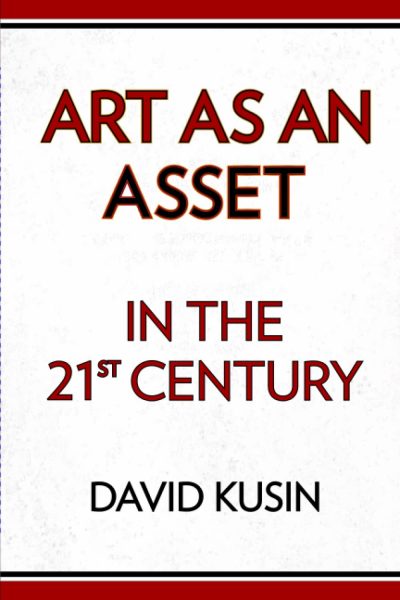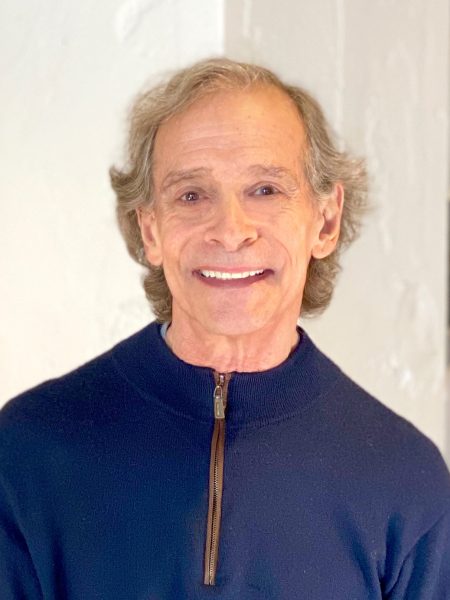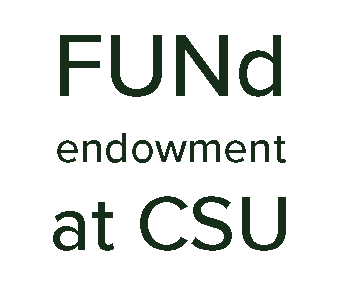Date/Time
Date(s) - November 1, 2023
5:30 pm - 7:30 pm
Location
Organ Recital Hall, University Center for the Arts
Critic & Artist Residency Series: David Kusin
Lecture and Reception
Organ Recital Hall: Wednesday, November 1 at 5:30 p.m.
Join Gregory Allicar Museum of Art and CSU’s Department of Art and Art History for this year’s Critic & Artist Residency Series lecture by David Kusin!
Reception to follow. Free & open to all.
David Kusin, former curator and head of the Department of High School Programs at the Metropolitan Museum of Art as well as CEO and founder of Kusin & Company and ARTWIRE, shares his expertise on using connoisseurship and mathematics to understand and leverage art as an asset in the contemporary world.
As the author of Art as an Asset in the 21st Century (Kusin, 2023), Kusin will discuss the global art sector and deconstruct persistent 18th century business practices in favor of new technologies and evidence-based, 21st century financial tools. By disrupting the art market’s status quo and challenging the methods for buying and selling art in the 21st century, Kusin advocates for leaving outdated financial analyses for more integrative connoisseurship.
 About the book
About the book
Art as an Asset in the 21st Century (Kusin, 2023) describes the failings of the global art sector’s original institutions (both physical and conceptual) and argues for rebuilding the art market on more efficient and evidence-based research.
From Barnes & Noble’s book description:
“Art as an Asset in the 21st Century” creates the first global baseline for understanding how art is bought and sold. The three bedrock institutions of the art sector – the art museum, the art dealership and the auction house – are described objectively. In addition, they are joined with four other de facto “institutions” – myopia; innumeracy; the art appraisal establishment; and suppositions and biases unsupported by evidence. All four non-brick-and-mortar “institutions” remain central to the underlying belief-structure and operational alignment of the sector.
The book unfolds as a fascinating epic. Using a lengthy array of anecdotes joined with proprietary analytics, the author creates the story of a global economic sector that remains governed by 18th century business templates developed by London auction houses 250 years ago. Outmoded thinking and systems have led to the stagnation of sales since 2014. By deconstructing these institutions and rebuilding them with the latest thinking that armors connoisseurship and curatorial scholarship, Kusin blueprints a fresh, near-total re-construction of the buying and selling of art for modern times.”
 About the critic
About the critic
David Kusin is a former curator and department head at the Metropolitan Museum of Art in New York, investment banker, COO/CFO of an auction house, teacher, and art critic who founded Kusin & Company in 1998.
An institutional economic research firm, the company’s work focuses exclusively on the financial and risk management issues associated with buying, owning, and selling fine art, decorative art, and antiquities, as well as defining the global trade, labor, and taxation issues unique to each nation.
The proprietary nomenclature and analytical frameworks that the firm has developed and tested, especially since 2010, have established the foundations for unique, culturally significant objects to become bona fide financial assets. Kusin & Company is generally credited with having created the field of art economics.
The Critic & Artist Residency Series, founded in 1997, brings prominent artists, critics, and curators to the Colorado State University campus for public lectures, open forums, classroom visits, critiques, and exhibitions.
The Critic & Artist Residency Series is made possible by the FUNd at CSU.
Ongoing support for the museum’s exhibitions and programming is generously provided by the City of Fort Collins Fort Fund, the FUNd Endowment at CSU, and Colorado Creative Industries. CCI and its activities are made possible through an annual appropriation from the Colorado General Assembly and federal funds from the National Endowment for the arts.


